Autism Spectrum Disorder (ASD) is a neurodevelopmental condition that affects communication, behavior, and social interaction. With its diverse manifestations, autism raises a critical question for families: Can autism be cured? While there’s no definitive cure, advancements in therapy, early intervention, and research are transforming lives.
This article examines the science behind autism treatments, debunks myths about “cures,” and highlights strategies to help individuals thrive.
Understanding Autism: A Lifelong Journey
Autism is not a disease but a neurological difference that shapes how individuals perceive and interact with the world. Key characteristics include:
- Social Communication Challenges: Difficulty with eye contact, understanding social cues, or forming relationships.
- Repetitive Behaviors: Actions like hand-flapping, rocking, or strict adherence to routines.
- Sensory Sensitivities: Over- or under-reaction to sounds, textures, or lights.
Symptoms typically appear in early childhood, though diagnosis can occur later, especially in milder cases. Autism is a spectrum, meaning abilities and challenges vary widely.
Can Autism Be Cured? The Short Answer
No, autism cannot be cured. However, early intervention and tailored therapies can significantly improve communication, behavior, and independence. The goal isn’t to “fix” autism but to equip individuals with skills to navigate their environment confidently.
Why Isn’t There a Cure?
- Neurological Basis: Autism involves structural and functional differences in the brain that develop early in life.
- Genetic Factors: Over 100 genes are linked to autism, complicating the idea of a single cure.
- Diverse Needs: Each autistic individual has unique strengths and challenges, requiring personalized support.
Best Treatments for Autism in 2025
While no cure exists, these evidence-based therapies are proven to enhance quality of life:
1. Applied Behavior Analysis (ABA)
ABA is the gold standard for autism therapy, using positive reinforcement to teach social, communication, and daily living skills.
- How It Works: Therapists break skills into small steps and reward progress (e.g., using a token system for completing tasks).
- Effectiveness: Studies show ABA improves language, cognitive abilities, and adaptive behaviors.
2. Speech Therapy
Targets verbal and non-verbal communication challenges. Techniques include:
- Augmentative and Alternative Communication (AAC): Devices like tablets with speech-generating apps.
- Social Stories: Teaching conversational skills through structured narratives.
3. Occupational Therapy (OT)
Focuses on sensory integration and motor skills. For example:
- Sensory Diets: Custom activities to manage sensitivities (e.g., weighted blankets for calming).
- Fine Motor Training: Improving handwriting or utensil use.
4. Emerging Therapies
Recent advancements show promise:
- CM-AT Therapy: A pancreatic enzyme-based treatment improving language and social skills by targeting gut-brain connections.
- Balovaptan: A drug enhancing social interaction by modulating oxytocin receptors.
- Hyperbaric Oxygen Therapy: Uses pressurized oxygen to improve brain function and social engagement.
Can Autism Be Cured If Caught Early?
Early intervention (before age 3) is linked to the best outcomes. While it doesn’t cure autism, it can:
- Reduce the severity of symptoms.
- Improve language and cognitive skills.
- Teach coping strategies for sensory or social challenges.
Example: A 2-year-old receiving ABA may develop communication tools that minimize meltdowns later in life.
Can Autism Be Cured in Adults?
Autism is lifelong, but adults can still benefit from therapies:
- Cognitive Behavioral Therapy (CBT): Manages anxiety or depression.
- Vocational Training: Builds job skills and independence.
- Social Skills Groups: Practice conversations or workplace interactions.
While core traits remain, adults often develop strategies to navigate daily life effectively.
What Is the Best Medicine for Autism?
No medication treats autism itself, but some manage co-occurring conditions:
| Medication | Purpose | Common Examples |
| SSRIs | Reduce anxiety or OCD behaviors | Prozac, Zoloft |
| Stimulants | Improve focus (for ADHD) | Ritalin, Adderall |
| Antipsychotics | Manage aggression or meltdowns | Risperdal, Abilify |
Remember to always consult a doctor before starting medication.
How Little Champs ABA Transforms Lives
At Little Champs ABA, we specialize in personalized ABA therapy for children and teens in Colorado and Utah. Our programs go beyond traditional methods to create meaningful, lasting progress.
What Makes Us Different?
- Family-Centered Care: Parents aren’t just observers—they’re partners. We train you to reinforce skills at home.
- Flexible Sessions: Choose in-home, clinic-based, or telehealth ABA to fit your schedule.
- Early Intervention Programs: For children under 3, focusing on language, play, and social skills.
- Teen-Focused ABA: Helps adolescents build independence, from hygiene routines to job readiness.
- Sensory-Friendly Spaces: Our clinics are designed to minimize overload, with adjustable lighting and quiet zones.
Our Success Stories
- Alex (Age 5): Learned to communicate using picture cards, reducing frustration-driven meltdowns.
- Sophia (Age 14): Mastered public transportation navigation through step-by-step ABA drills.
Conclusion: Focus on Potential, Not a Cure
Autism isn’t a barrier to a fulfilling life—it’s a different way of experiencing the world. While there’s no cure, therapies like ABA, speech, and OT empower individuals to thrive. With early support, many autistic children grow into adults who lead independent, joyful lives.
If you’re in Colorado or Utah, Little Champs ABA is here to help your family navigate this journey. Join our community and discover how personalized ABA therapy can unlock your child’s potential. Ready to see progress? Schedule a free consultation to design a plan tailored to your child’s needs.
Frequently Asked Questions (FAQs)
Can a child with autism be normal?
“Normal” is subjective. With support, autistic children can achieve milestones, build relationships, and lead fulfilling lives—just in their own unique way.
Can an autistic child live a normal life?
Yes! Many autistic adults live independently, work, and pursue hobbies. Success depends on early intervention, tailored therapies, and community support.
Can autism get better with age?
While core traits remain, many develop coping strategies that reduce challenges. For example, sensory sensitivities may lessen, or communication skills may improve.
What is the hardest age for autism?
Transitions like puberty or starting school can be challenging due to social and sensory demands. Consistent therapy helps navigate these phases.
Sources:
https://www.healthline.com/health/can-autism-be-cured
https://my.clevelandclinic.org/health/articles/autism
https://www.webmd.com/brain/autism/understanding-autism-treatment
https://www.nichd.nih.gov/health/topics/autism/conditioninfo/treatments/early-intervention
https://med.uth.edu/psychiatry/autism-spectrum-disorder/frequently-asked-questions/


